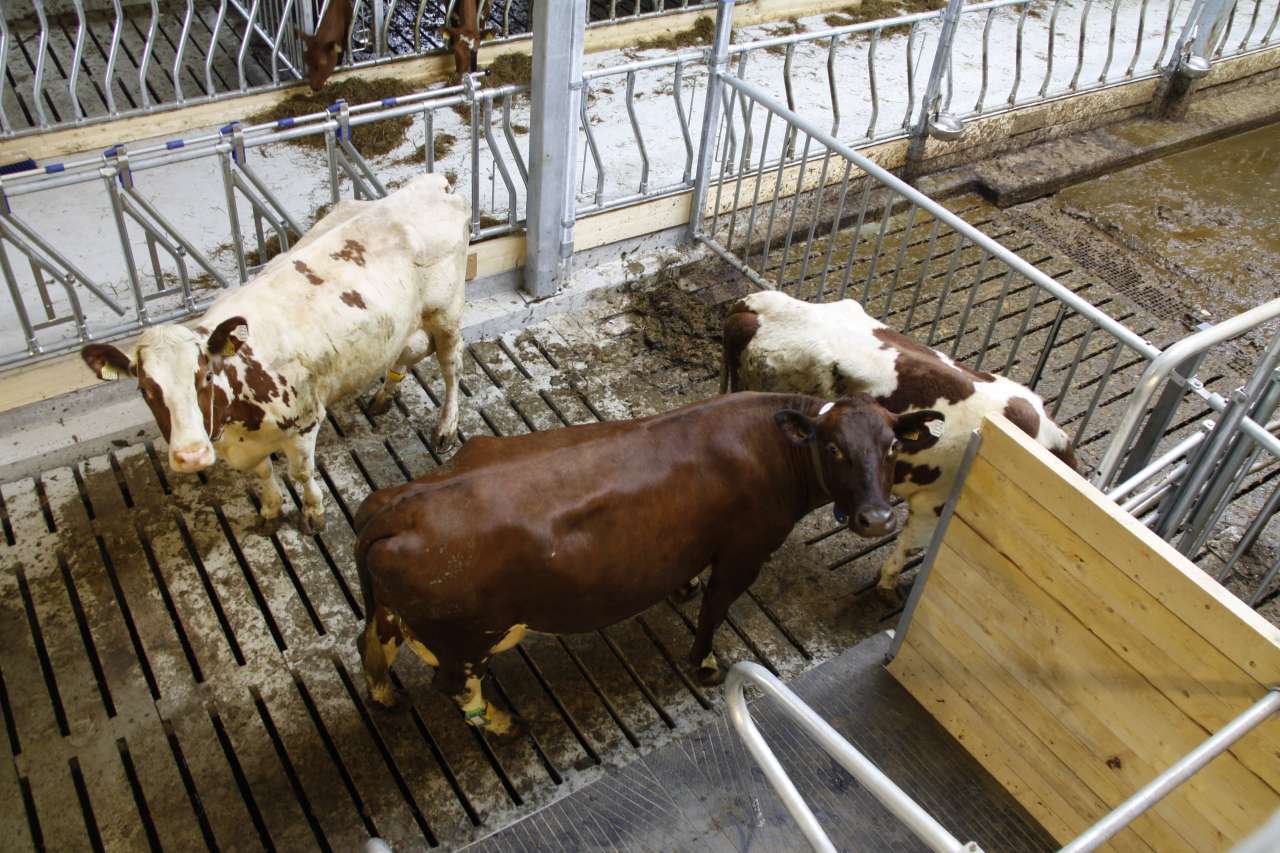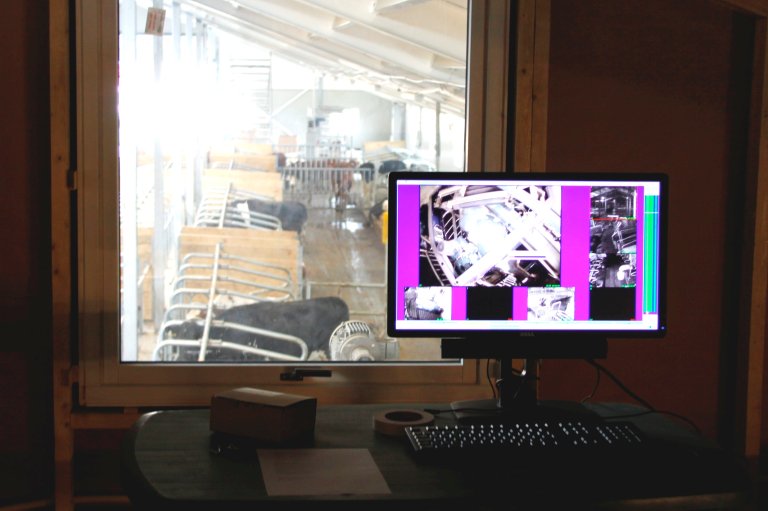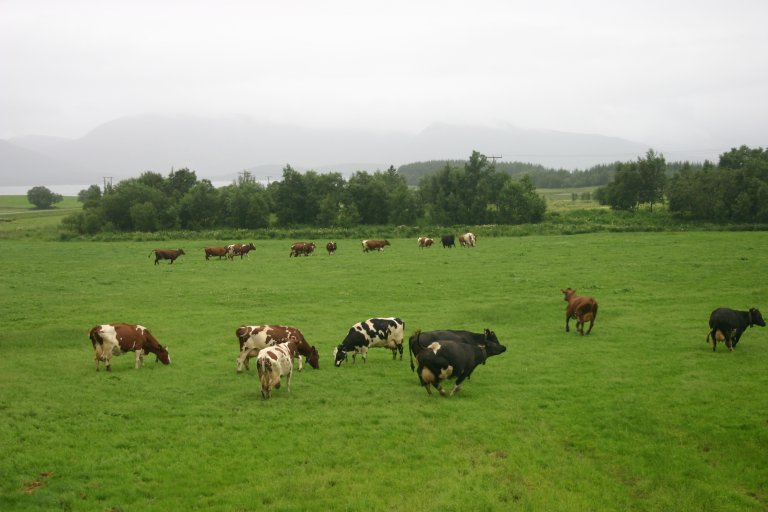Division of Food Production and Society
MilKey - Decision support system for sustainable and GHG optimized milk production in key European areas

End: nov 2022
Start: dec 2019
Greenhouse gas (GHG) emissions from cattle account for approx. 14.5 per cent of global GHG emissions. At the same time, cattle in combination with milk make up a large part of the value creation and employment in Norwegian agriculture. There is also a goal to increase Norwegian food production. Through grazing, cattle contribute to maintain an open cultural landscape and biological diversity. This project will collect data from key European areas to design a decision support system for sustainable milk production with reduced GHG emissions.

| Status | Active |
| Start - end date | 01.12.2019 - 30.11.2022 |
| Project manager | Grete H. M. Jørgensen |
| Division | Division of Food Production and Society |
| Department | Grassland and Livestock |
| Partners | MilKey is led by the Leibniz Institute for Agricultural Engineering and Bioeconomy in Germany and involves partners in Ireland, France, Greece, Belgium and Poland. In Norway, NIBIO collaborates with TINE, GENO and theNorwegian Agricultural Extension Service (Norsk Landbruksrådgiving) |
| Total budget | NOK 3 864 000 |
| Funding source | ERA-GAS EU |
The MilKey project will develop a decision-making tool for sustainable milk production in Europe, with special emphasis on greenhouse gas emissions. The three elements of sustainability (economic, environmental and social conditions) serve as a guideline for balancing conflicting concerns.
MilKey starts by analyzing the driving forces for sustainable milk production in Europe and identifying the most important challenges. An online tool will be developed to monitor GHG emissions and indoor climate in dairy cattle. The tool will be used to assess sustainability and climate action at the farm level. The tool is used in several European countries and will gain important knowledge regarding the conditions, opportunities and barriers to achieve lower greenhouse gas emissions from milk production. The tool will help decision makers (e.g. farmers, advisers, politicians) to make knowledge-based decisions and provide consumers with information on key indicators of sustainable milk production. Efforts will be made to secure the tool's life after the end of the project in 2022.
There is large variation in GHG emissions from dairy cows. NIBIO will invest in a machine that automatically measures GHG emissions from dairy cows and test it on several farms in Northern Norway. In this way, the project will help to understand the causes and factors that affect GHG emissions on actual milk use.
MilKey is led by the Leibniz Institute for Agricultural Engineering and Bioeconomy in Germany and involves partners in Ireland, France, Greece, Belgium and Poland.

